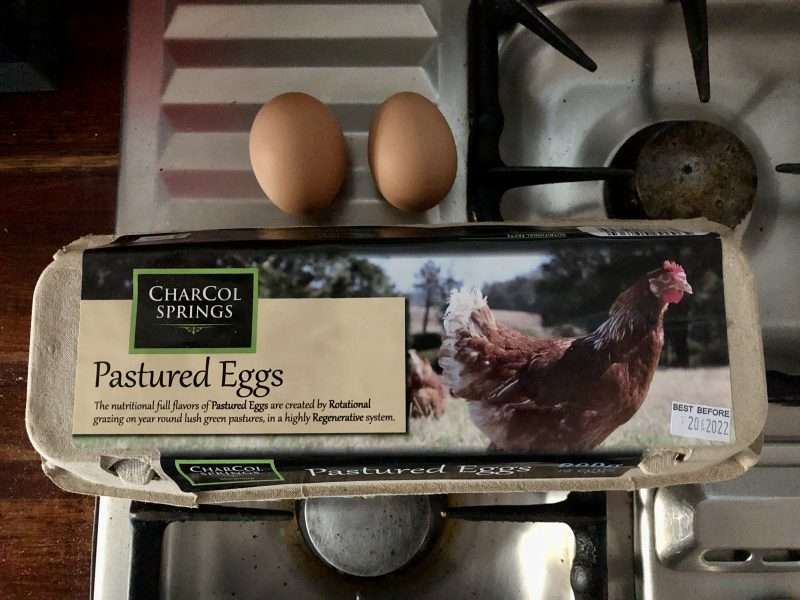I read, with considerable interest, the piece in last week’s Shipping News titled Just How Free Range Are Freo’s Restaurants & Cafes? Great story concept and interesting survey findings.
I was not surprised that more than a comfortable majority of those establishments surveyed reported using free range eggs and free range chicken.
However, I was surprised that half the respondents did not use free range pork, or as the article’s authors put it – “nearly half are not concerned whether their supplier provides free range pork or not (38 – 19 don’t or don’t know)”.
By way of background and disclosure, I’ve worked professionally in and around the pork industry for several decades, largely in a communications capacity, and I’ve been a national commentator on the poultry industry for several years.
With this in mind, I make the following observations.
Free range, when it comes to poultry, is often not what the consumer imagines.
Egg-laying chickens, for example, may not even choose to exit their shed when it’s opened up. But if they can have access to an external area, their eggs can be classified as free range.
I believe the public is not generally aware of this. On the other hand, pasture raised eggs come from hens spending their day outside on pasture. Better.
Similarly with pigs, albeit the production systems are different.
High welfare chicken and eggs for me means chicken meat and eggs sourced from pasture raised or ‘legitimate’ free range chickens.
While I acknowledge the transition from pasture to plate is currently compromised by availability and cost, the numbers for both are pleasingly trending up and down, respectively.
Meanwhile, intensive, factory farming of Australian chickens and caged layer hens is ‘on the nose’, despite how ‘big farmer’ backed industry bodies try to spin things otherwise.
Broilers (meat chickens) raised in cramped conditions and layer hens in cages never having the opportunity to practice natural behaviours is increasingly anathema to many folk, including this bloke.
While I’ve witnessed much of it, understand much of the science and see vested interests playing out on all sides, I no longer am prepared to ‘bite my tongue’, so to speak.
High welfare pork for me means pork sourced from pasture raised pigs.
Intensive, factory farming of pigs is ‘on the nose’.
Pigs kept behind bars, pigs spending their lives on hard concrete or wooden floors and pigs never having the opportunity to practice natural behaviours is unacceptable.
I’ve seen so much of it and been part of it professionally for several decades, but no longer.
Despite rampant prevailing inflation, most shoppers can still afford not to check out at the checkout when it comes to acknowledging animal welfare and industrial scale cruelty.

By the way, in my ongoing quest to source pastured eggs, I’ve been pleased to come across CharCol Springs at a local independent grocer.
Laid in Manjimup on 60+ glorious hectares in WA’s Great Southern, they taste good, look good, and from all I’ve read and researched they’ve come from happy Hy-Line hens that spend their days, pretty much from dawn to dusk, foraging on fresh pastures.
That’s where they reap the rewards of what mother nature serves up to them, necessarily complemented, of course, by a formulated grain mix.

Charlie and Coleen Roberts with children Jack and Harry and their happy hens
Progressive husband and wife team Charlie and Coleen Roberts (hence CharCol) are recognised as pastured egg pioneers in WA.
So, bottom line, for me at least, is pasture raised eggs, chicken and pork is the way to go.
While shoppers necessarily shell out a little more for pastured eggs, their provenance, freshness and large, golden yolks make it worthwhile.
By Brendon Cant
WHILE YOU’RE HERE –
PLEASE HELP US TO GROW FREMANTLE SHIPPING NEWS
FSN is a reader-supported, volunteer-assisted online magazine all about Fremantle. Thanks for helping to keep FSN keeping on!
** Don’t forget to SUBSCRIBE to receive your free copy of The Weekly Edition of the Shipping News each Friday!







